Liberty is quite as much a moral as a political growth, the result of free individual action, energy, and independence
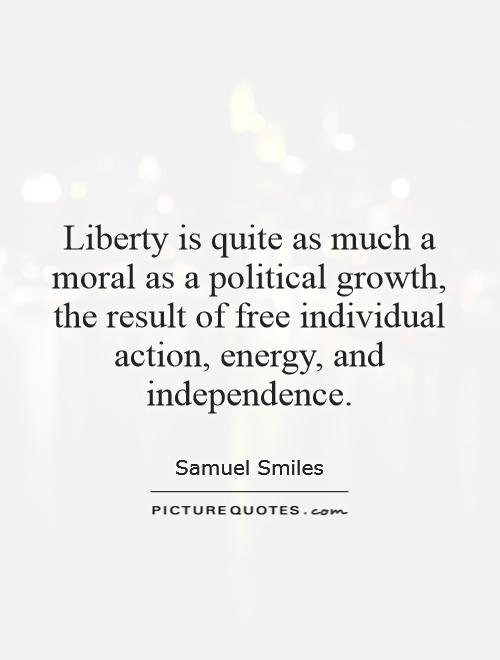
Liberty is quite as much a moral as a political growth, the result of free individual action, energy, and independence
Samuel Smiles, a Scottish author and reformer, was a strong advocate for individual liberty and self-improvement. In his works, he emphasized the importance of personal responsibility, hard work, and independence in achieving success and freedom. Smiles believed that liberty was not just a political concept, but also a moral one that required individuals to take control of their own lives and make choices that would lead to their own prosperity and happiness.According to Smiles, liberty was not something that could be granted by governments or institutions, but rather something that had to be earned through individual action and determination. He believed that true freedom came from within, from the ability to think for oneself, make decisions, and take responsibility for one's own actions. In his book "Self-Help", Smiles argued that success and happiness were not the result of luck or privilege, but of hard work, perseverance, and self-reliance.
Smiles believed that individuals had the power to shape their own destinies through their own efforts and choices. He saw liberty as a natural outgrowth of personal growth and development, a product of the energy and independence that individuals demonstrated in pursuing their goals and dreams. In his view, true freedom was not just the absence of external constraints, but the ability to live according to one's own values and principles.
For Smiles, liberty was not just a theoretical concept, but a practical reality that could be achieved through individual initiative and effort. He believed that people had the power to change their circumstances and improve their lives through their own actions, and that true freedom came from the ability to control one's own destiny.
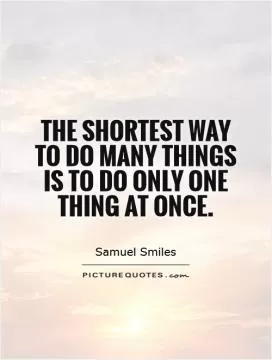
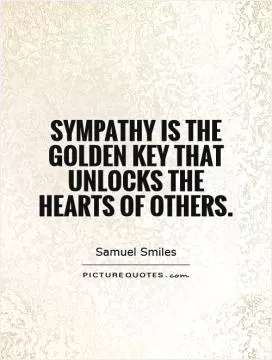
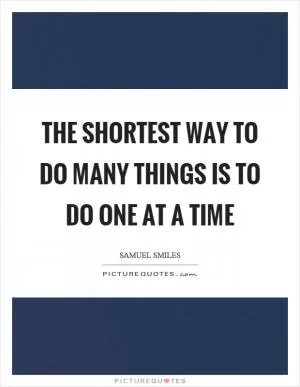


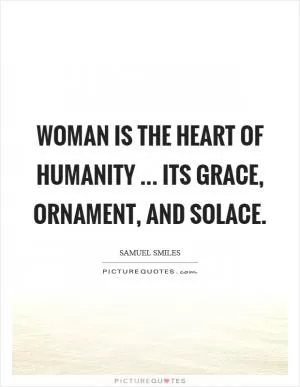
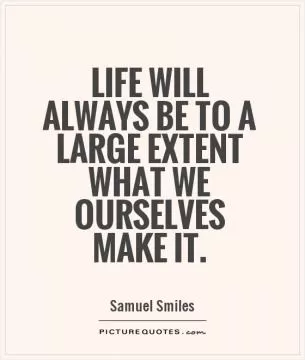

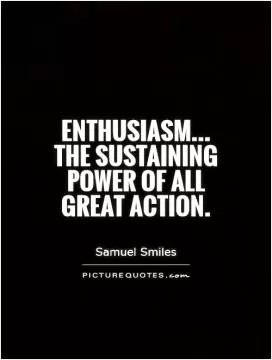
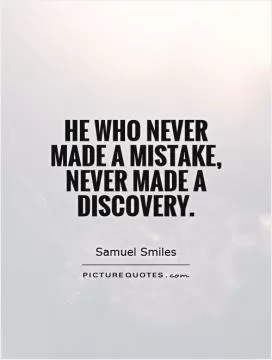
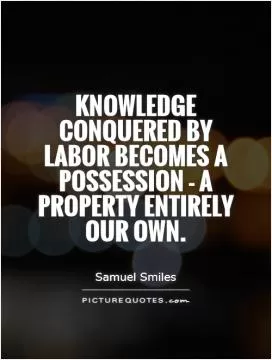
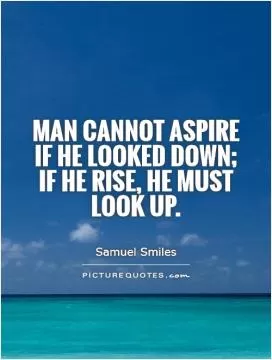
 Friendship Quotes
Friendship Quotes Love Quotes
Love Quotes Life Quotes
Life Quotes Funny Quotes
Funny Quotes Motivational Quotes
Motivational Quotes Inspirational Quotes
Inspirational Quotes